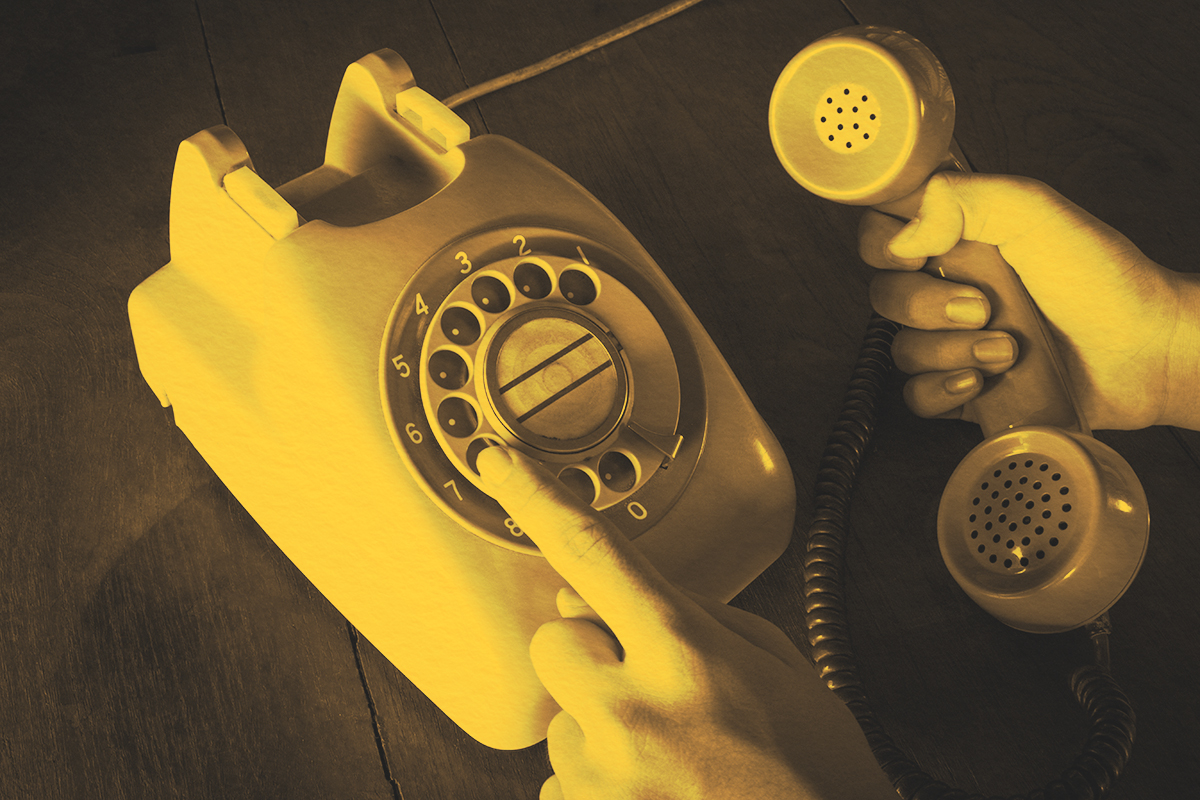
English is full of surprises, as illustrated by the word “awful” — its origin implied something grand, but it evolved to signify something terrible. If you look at the composition of the word, you find the noun “awe” and the suffix “-ful,” giving us “full of awe.” So how did the adjective come to describe something bad?
To understand, we have to go back to the root of “awe.” In Middle English, “awe” (spelled “aue” or earlier, “aghe”) meant “fear, terror, and great reverence,” the kind you might feel in the presence of something overwhelmingly powerful. It was derived from the Old Norse “agi,” meaning “fright.” At the time, this feeling of veneration was most often associated with a king or a god. It wasn’t necessarily negative, but it was humbling. During the Middle Ages, “awful” (also spelled “aghful”) originally meant something akin to “awe-inspiring” — powerful, majestic, or even terrifying in its greatness.
Today, the word “awe” on its own has a connotation more of wonderment or even pride (“I’m in awe of my brother’s skill”) than fear, but in the evolution of “awful,” the fearful side of “awe” gained traction, becoming mainstream by the 19th century. Now “awful” is firmly established as a term for something “extremely disagreeable or objectionable,” as in, “This movie is awful.” However, the word is still used informally to mean “exceedingly great,” as in, “An awful lot of people left the theater early,” or as an adverb: “I’m awfully glad you could come to the party.”
Interestingly, this linguistic shift reflects how we psychologically experience awe. According to psychologist Robert Plutchik’s Wheel of Emotions (which helps depict how emotions are related), awe sits right between amazement and terror — a blend of both surprise and fear that has been reflected throughout the term’s evolution.

















